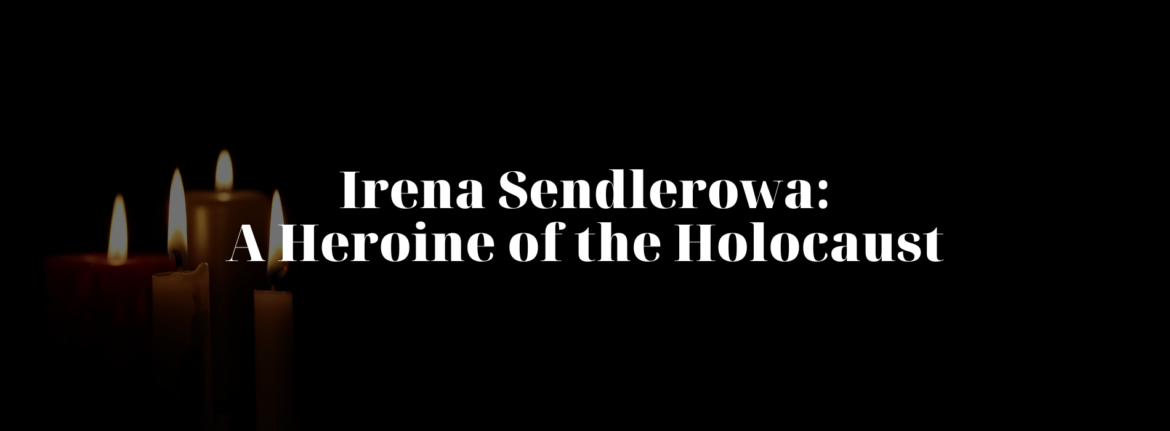Irena Sendlerowa, often referred to as the „female Oskar Schindler,” was a Polish social worker who risked her life to save thousands of Jewish children during the Holocaust. Her courageous actions, undertaken at great personal peril, exemplify the power of compassion and resilience in the face of unspeakable evil. Let’s delve into the extraordinary life and legacy of this remarkable heroine.
Early Life and Activism:
Born on February 15, 1910, in Warsaw, Poland, Irena Sendlerowa grew up in a climate of social and political upheaval. Inspired by her father’s commitment to social justice and humanitarian values, she became involved in activism from a young age.
Sendlerowa’s work as a social worker brought her into contact with the dire plight of Warsaw’s Jewish community, who faced persecution and discrimination under Nazi occupation. Witnessing the escalating atrocities committed against Jews, Sendlerowa felt compelled to take action to help those in need.
The Żegota Network:
During World War II, Sendlerowa became a key member of the Żegota Council to Aid Jews, an underground resistance organization dedicated to rescuing Jews from the Holocaust. Risking her own life, she coordinated efforts to smuggle Jewish children out of the Warsaw Ghetto, where they faced almost certain death.
Sendlerowa and her collaborators devised ingenious methods to rescue children, including hiding them in orphanages, convents, and private homes, and forging documents to conceal their identities. She also established a network of couriers to transport children to safety, often at great personal risk.
Courage Under Fire:
Despite the constant threat of discovery and arrest by the Gestapo, Sendlerowa remained steadfast in her commitment to saving Jewish lives. Her courage and resourcefulness enabled her to continue her work even as the situation grew increasingly perilous.
In 1943, Sendlerowa was arrested by the Nazis and subjected to brutal interrogation and torture. Despite the torture, she refused to betray her colleagues or divulge information about the children in her care. Miraculously, she managed to escape execution and was released from prison, but she continued her resistance activities until the end of the war.
Legacy and Recognition:
After the war, Sendlerowa’s remarkable deeds remained largely unknown until the turn of the 21st century when her story gained widespread recognition. In 2007, she was nominated for the Nobel Peace Prize in recognition of her extraordinary courage and humanitarianism.
Sendlerowa’s legacy lives on through the countless lives she saved and the enduring example of moral courage she set for future generations. Her story serves as a powerful reminder of the importance of standing up against injustice and oppression, even in the darkest of times.
Irena Sendlerowa passed away on May 12, 2008, at the age of 98, but her legacy continues to inspire individuals around the world to fight against hatred, bigotry, and persecution. Her selfless acts of heroism serve as a beacon of hope and resilience in the face of humanity’s darkest moments.
